10 Electric Car Companies With the Highest Percentage of Vehicles Available for 2023
Which automotive brands are driving toward an electrified future?
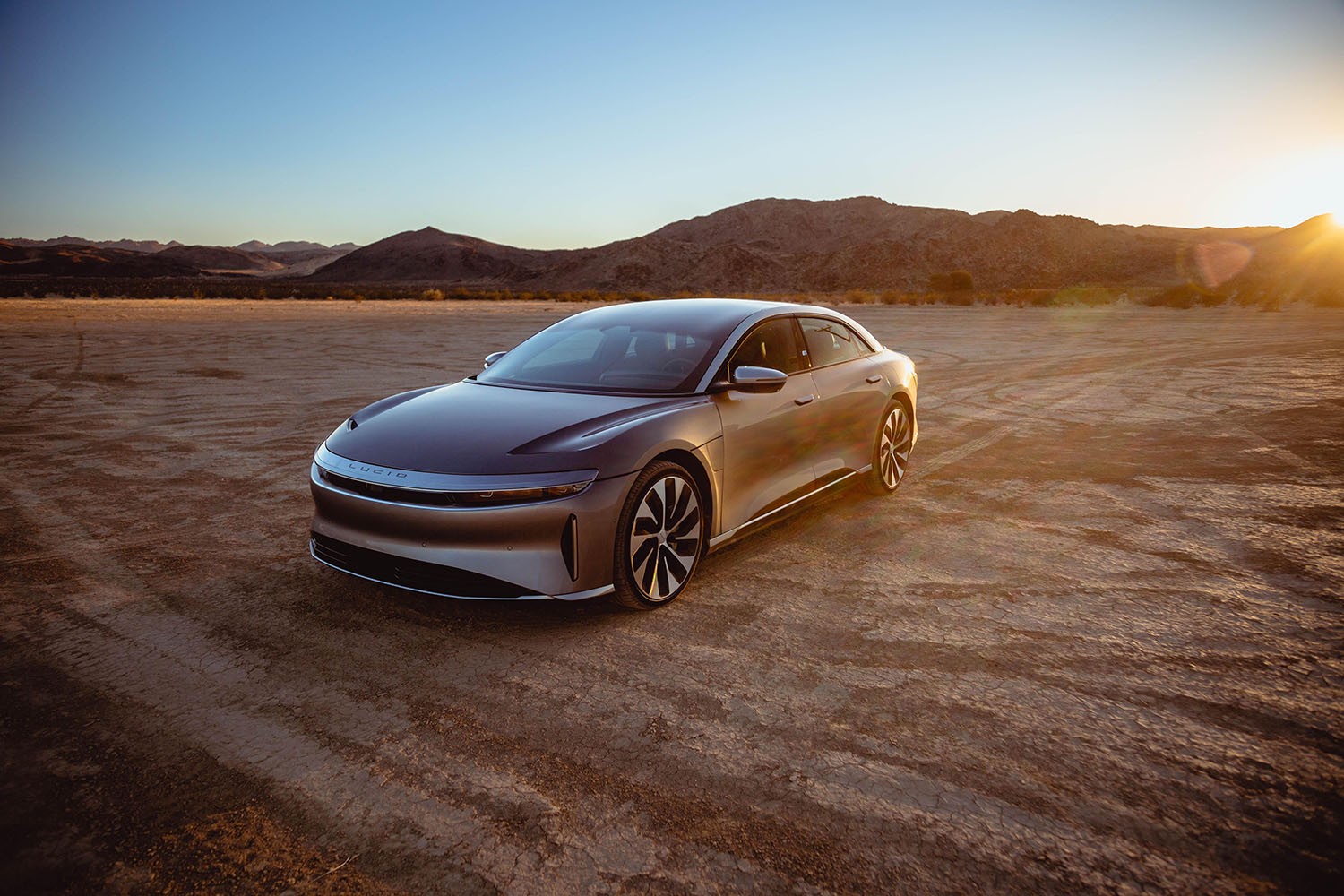 Manuel Carrillo III | Capital One
Manuel Carrillo III | Capital One
Automakers know they need to look toward electrification. Norway and South Korea have announced a ban on the sale of new internal combustion engine vehicles starting as early as 2025, while other countries have bans beginning in 2030. The state of California targeted the year 2035 to initiate its ban on gas-powered vehicles, and New Jersey recently followed suit.
Some manufacturers already have a big jump on the competition — they've been selling battery electric vehicles (BEVs) for decades. But which automakers offer the highest percentage of EVs in their lineup versus internal combustion engine vehicles?
Let's run down the top 10. For consistency, we've defined an electric vehicle as a BEV, plug-in hybrid (PHEV), or hydrogen fuel-cell vehicle (FCEV), because all can achieve propulsion without gasoline-engine assistance over a significant distance.
Electric car brands with EV-only lineups
Only a few brands offer exclusively EV lineups, and they include:
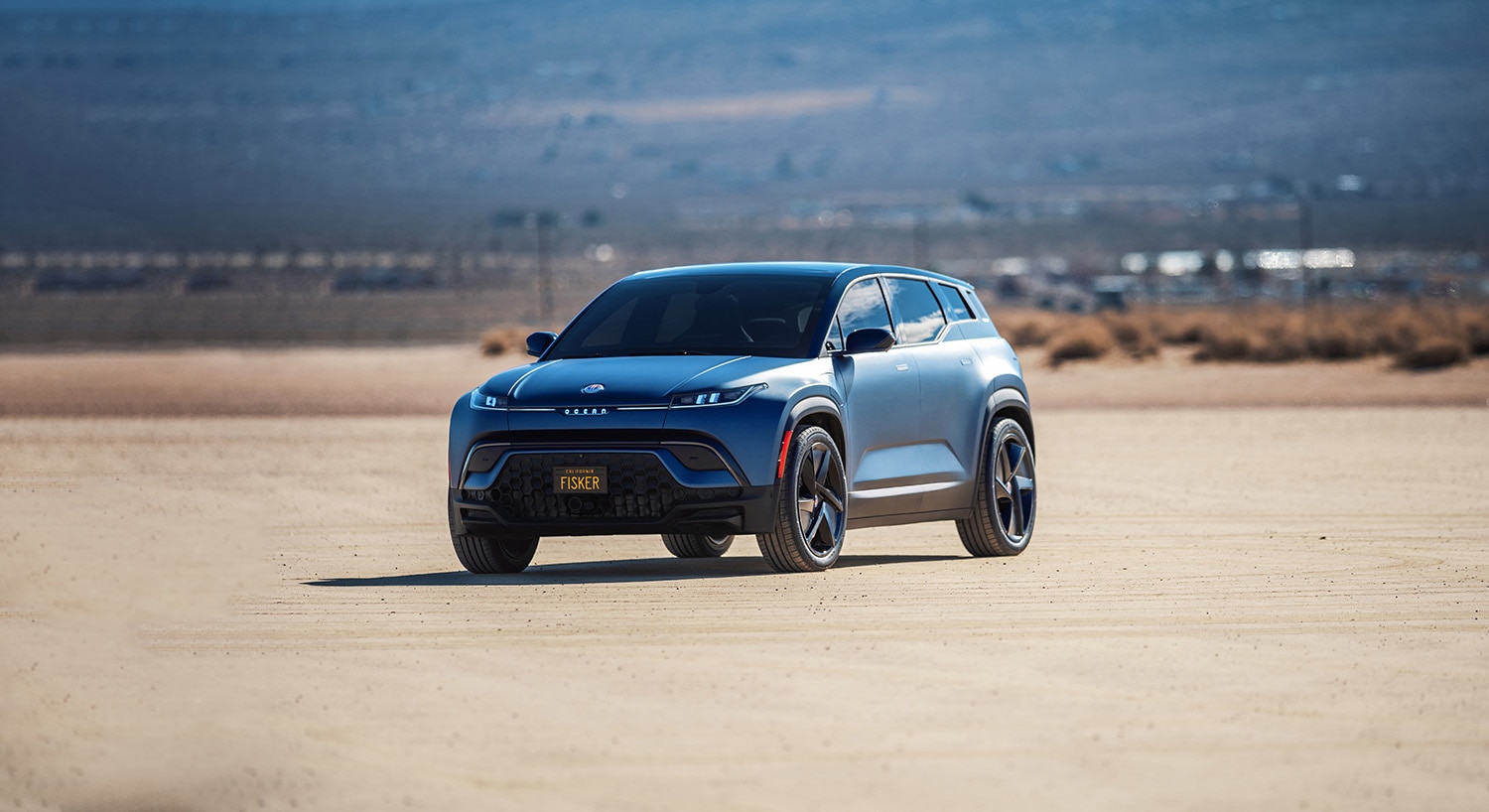 Fisker
Fisker
1. Fisker: Ocean and Pear
Although customer deliveries have yet to start (as of May 2023), interested customers currently can reserve electric cars built by Fisker. The EV car company, started by automotive designer Henrik Fisker, has transitioned away from an exclusively high-end model and is now focusing much of its sales efforts on mainstream cars.
The all-electric Fisker Ocean and Fisker Pear may offer what some other EVs cannot: affordability. The Ocean is priced to start around $38,000, while the entry-level Pear starts around $30,000. Preorders of the Ocean and the Pear are available with a $250 deposit.
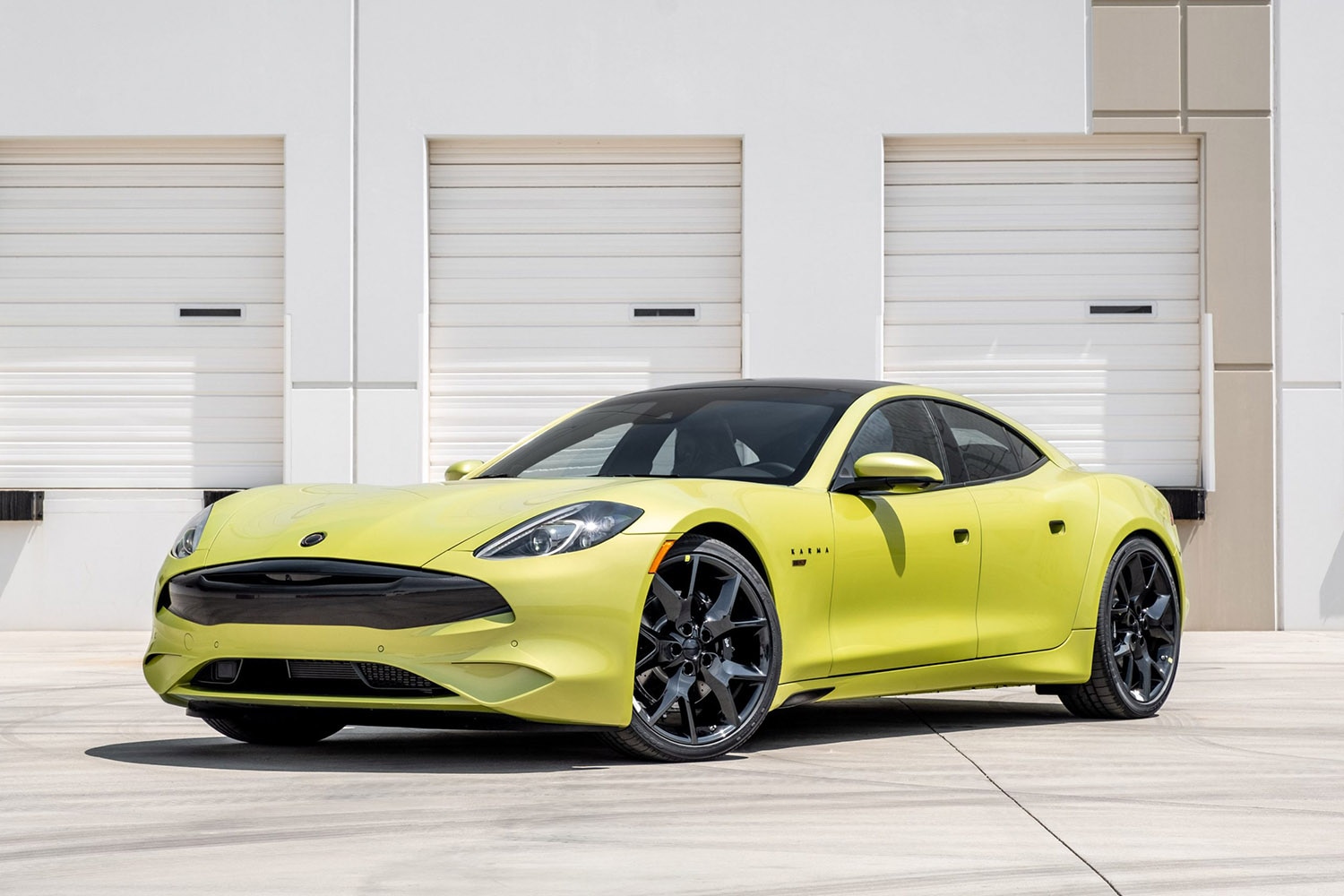 Karma
Karma
2. Karma: GS-6
Karma Automotive emerged from the ashes of Fisker Automotive, which entered bankruptcy in 2014. The automaker's lone vehicle offering on its website as of May 2023 is the 2022 GS-6 plug-in hybrid GT sedan. (Yes, that’s right: It's a 2022 model.)
Based on the Fisker Karma, the Karma GS-6 maintains the sleek proportions of its predecessor. A pair of electric motors, a 28-kWh battery pack, and a range-extending turbocharged three-cylinder gas engine supplied by BMW power the sedan. Like some other electrified-vehicle manufacturers, Karma has also pivoted to commercial electric propulsion under the "Powered by Karma" sub-brand.
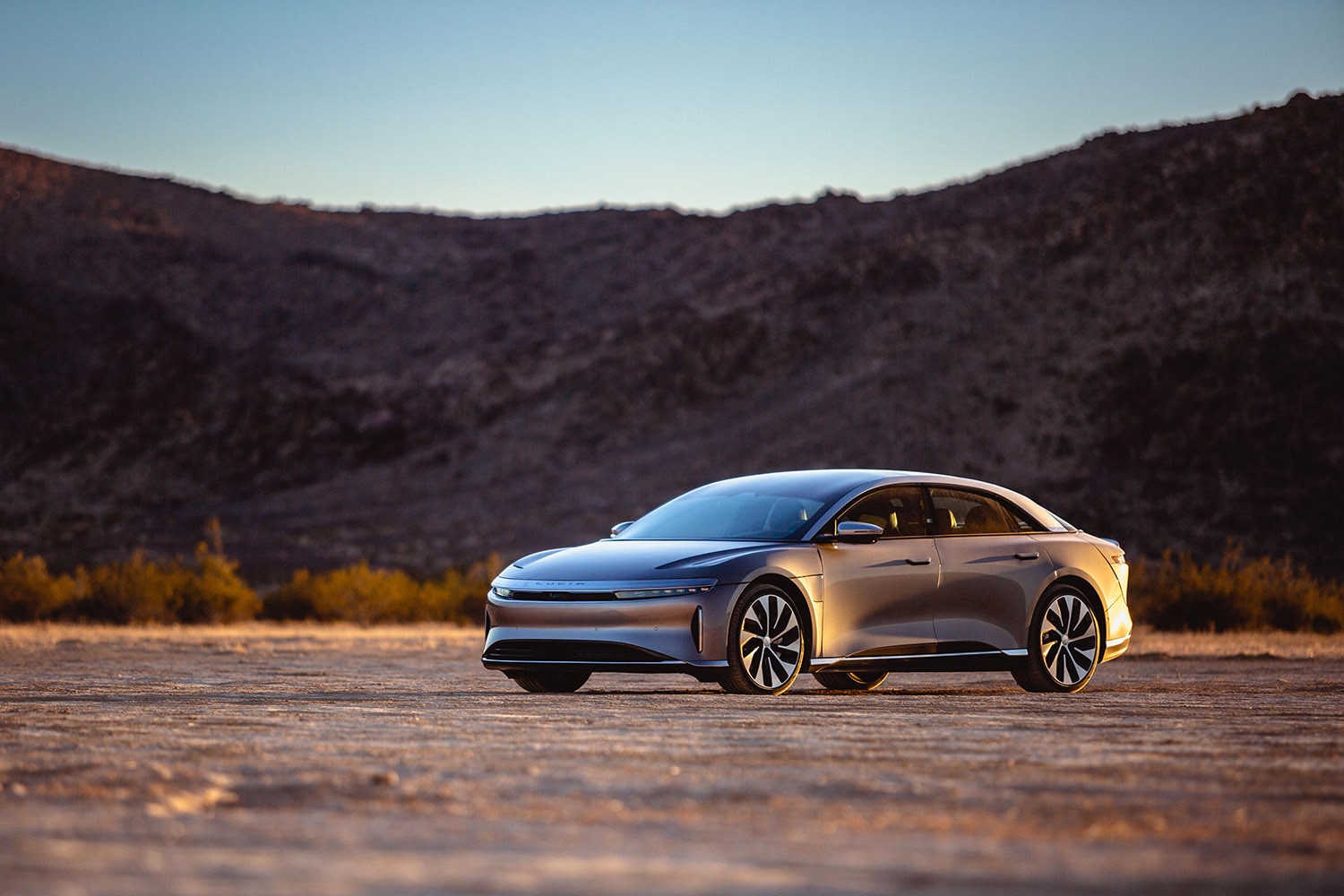 Manuel Carrillo III
Manuel Carrillo III
3. Lucid: Air
Introduced in 2007 as a battery technology and powertrain company, startup Lucid switched its focus to vehicle manufacturing in 2016 and released its first model, the Air, in 2021. Headed up by the former chief engineer of the Tesla Model S, Lucid has some grand plans for the future, with future vehicles including an SUV called the Gravity plus a direct competitor for the Tesla Model 3. The Lucid Air Grand Touring with 19-inch wheels has the highest EPA-estimated range of any production EV as of May 2023: 516 miles.
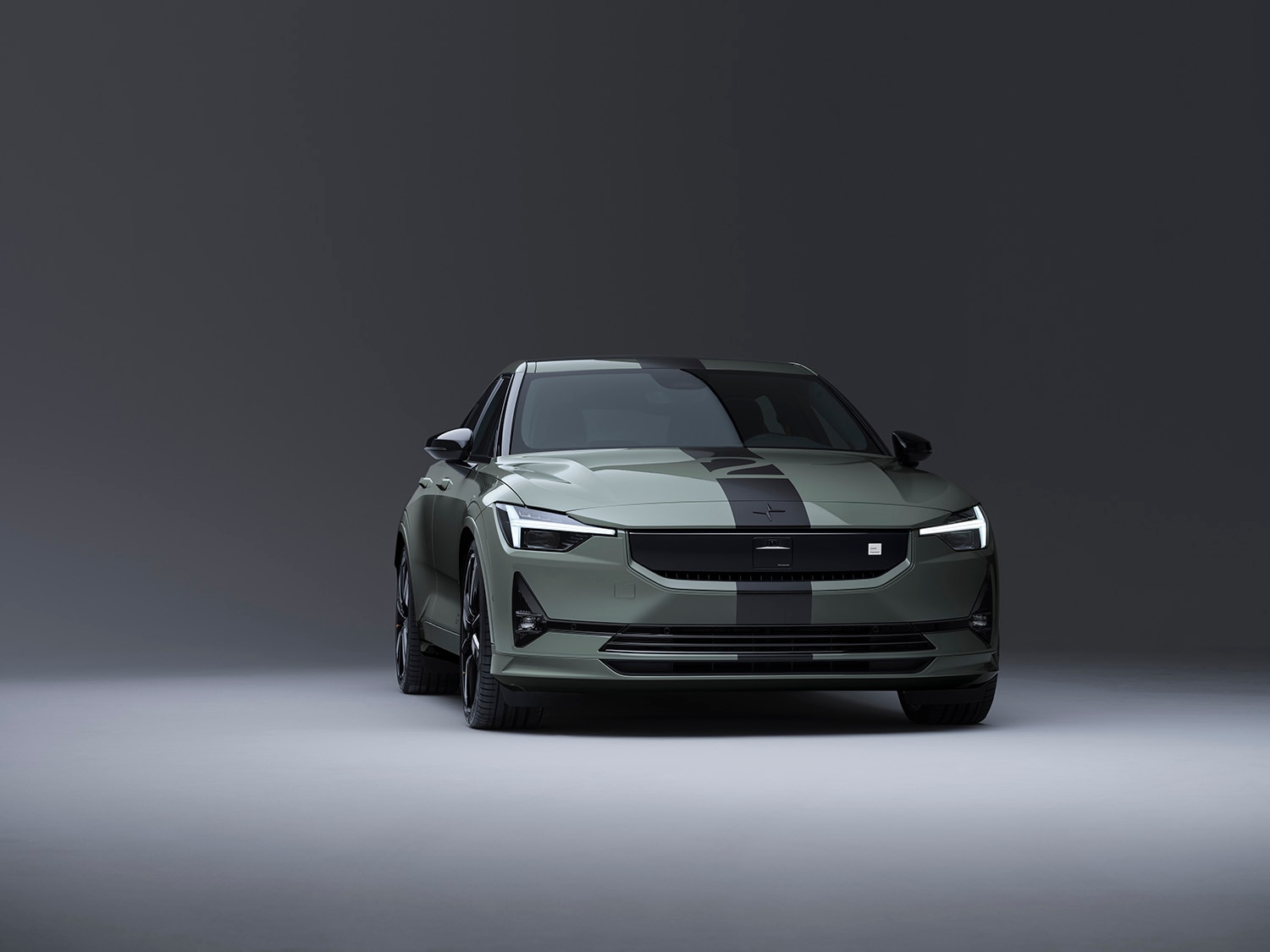 Polestar
Polestar
4. Polestar: 2 and 3
A former tuning company that transformed standard Volvos into race machines, Polestar became an electrified brand in 2017. Jointly developed by Volvo and its parent company, Geely, the Polestar 2 is the only vehicle the EV car brand currently has in production. The Polestar 3 SUV is expected to arrive in mid-2024. The carmaker's first vehicle, the limited-production Polestar 1, was a high-end plug-in hybrid GT. Moving forward, though, every Polestar will be entirely powered by electricity. Eventually, the Polestar 2 and 3 will be joined in the lineup by, you guessed it, the Polestar 4 and 5.
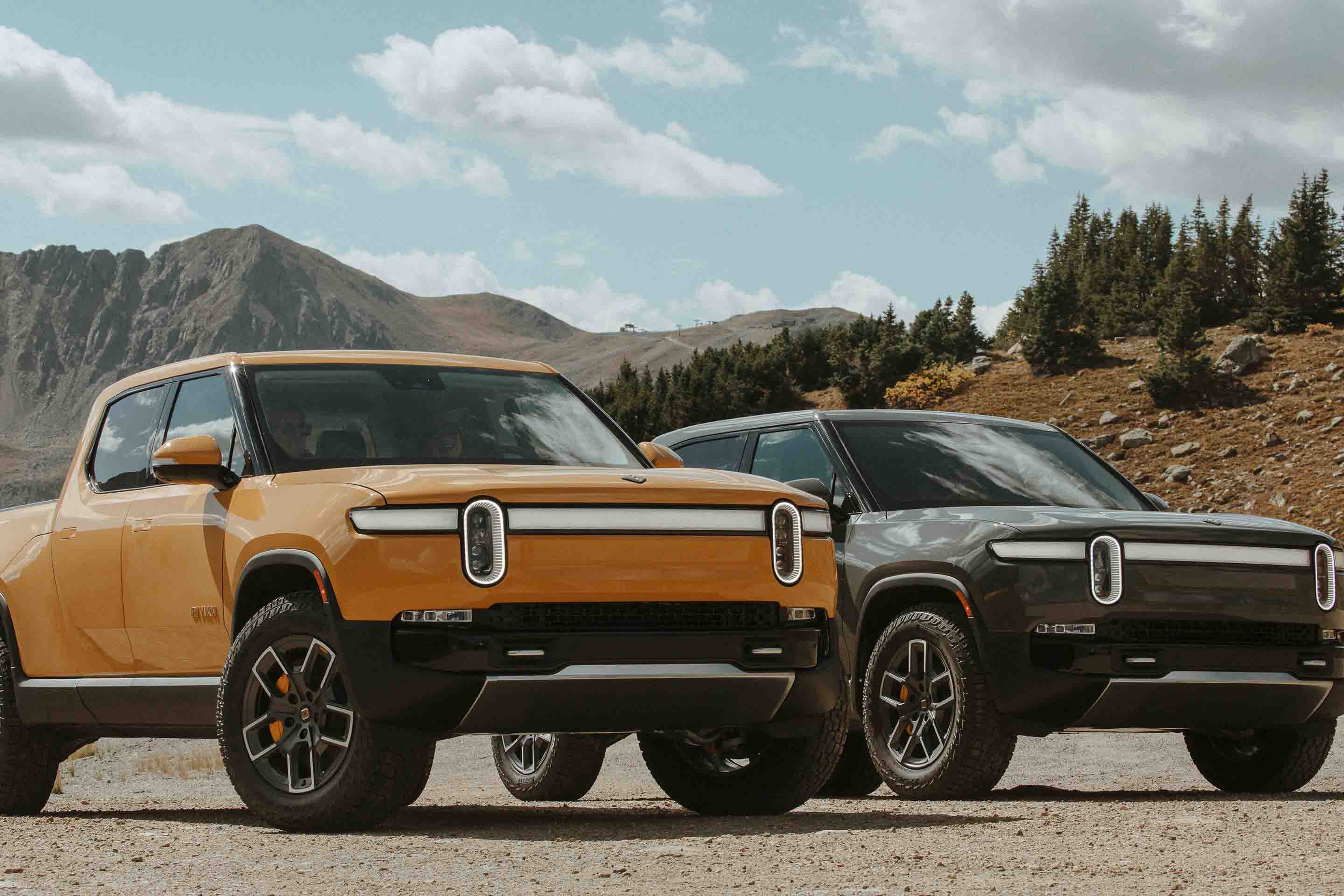 Rivian
Rivian
5. Rivian: R1T and R1S
An EV startup headquartered in California, Rivian has two all-electric vehicles in production: the R1T pickup and the R1S SUV. The electric-car company also produces electric delivery vans in partnership with one of its key investors, Amazon. With a 0-to-60-mph time of around 3 seconds and a claimed range of up to 400 miles, the R1T has received much praise from the automotive press, winning the Motor Trend Truck of the Year award for 2022. Rivian has ambitious plans for the future, including a battery factory outside Atlanta and a cross-continent charging network for the United States and Canada.
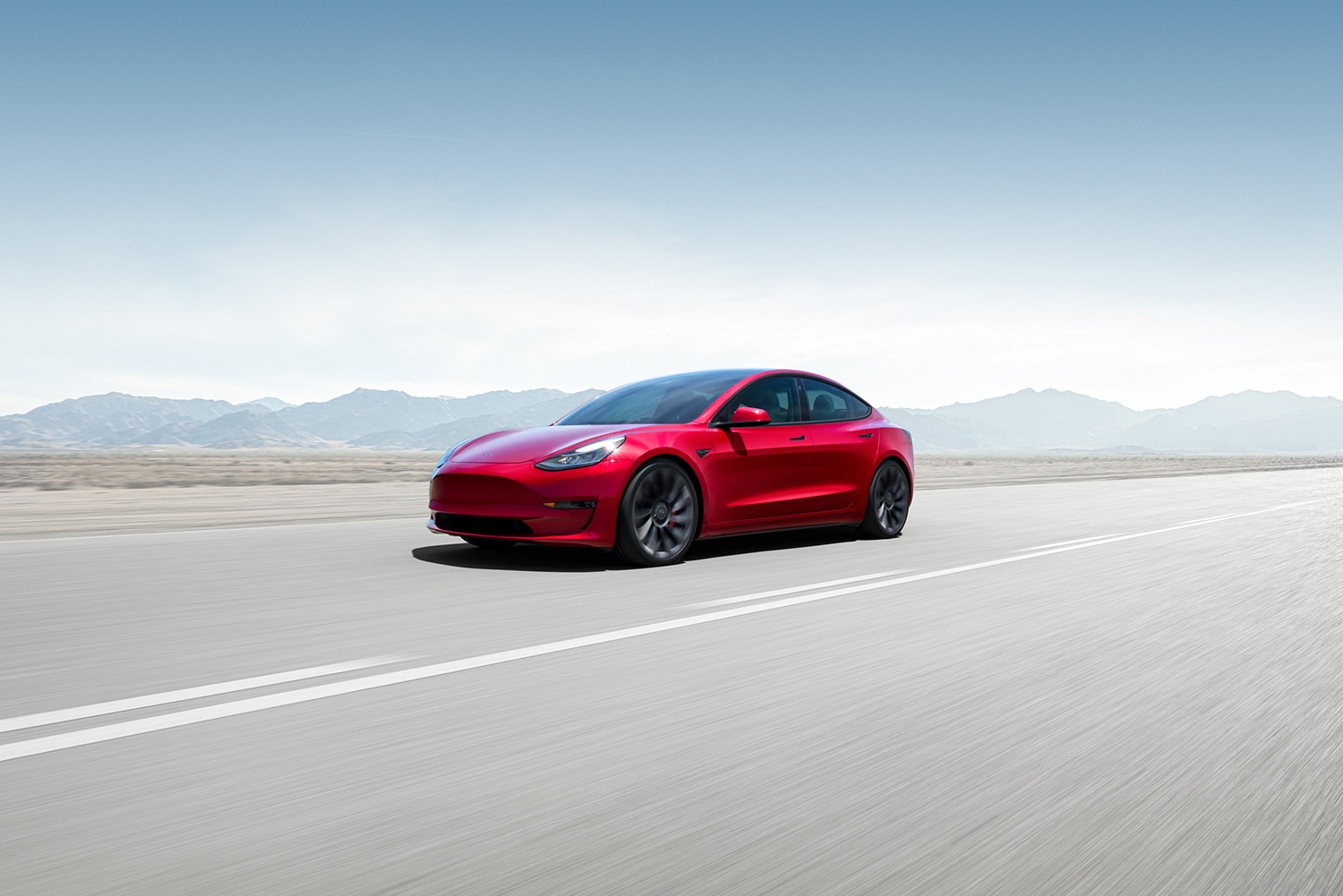 Tesla
Tesla
6. Tesla: Model 3, Model Y, Model S, and Model X
Launched 20 years ago, Tesla has offered its complete current lineup (the Model S, the Model 3, the Model X, and the Model Y) since 2020. The Model Y was one of the bestselling EVs in the world in 2022; sales eclipsed 750,000 for the calendar year. All told, Tesla has sold more than 3 million vehicles since its launch. A new take on the Roadster, the car that introduced Tesla to the world, has been promised for some time, as has the company's futuristic pickup design, the Cybertruck.
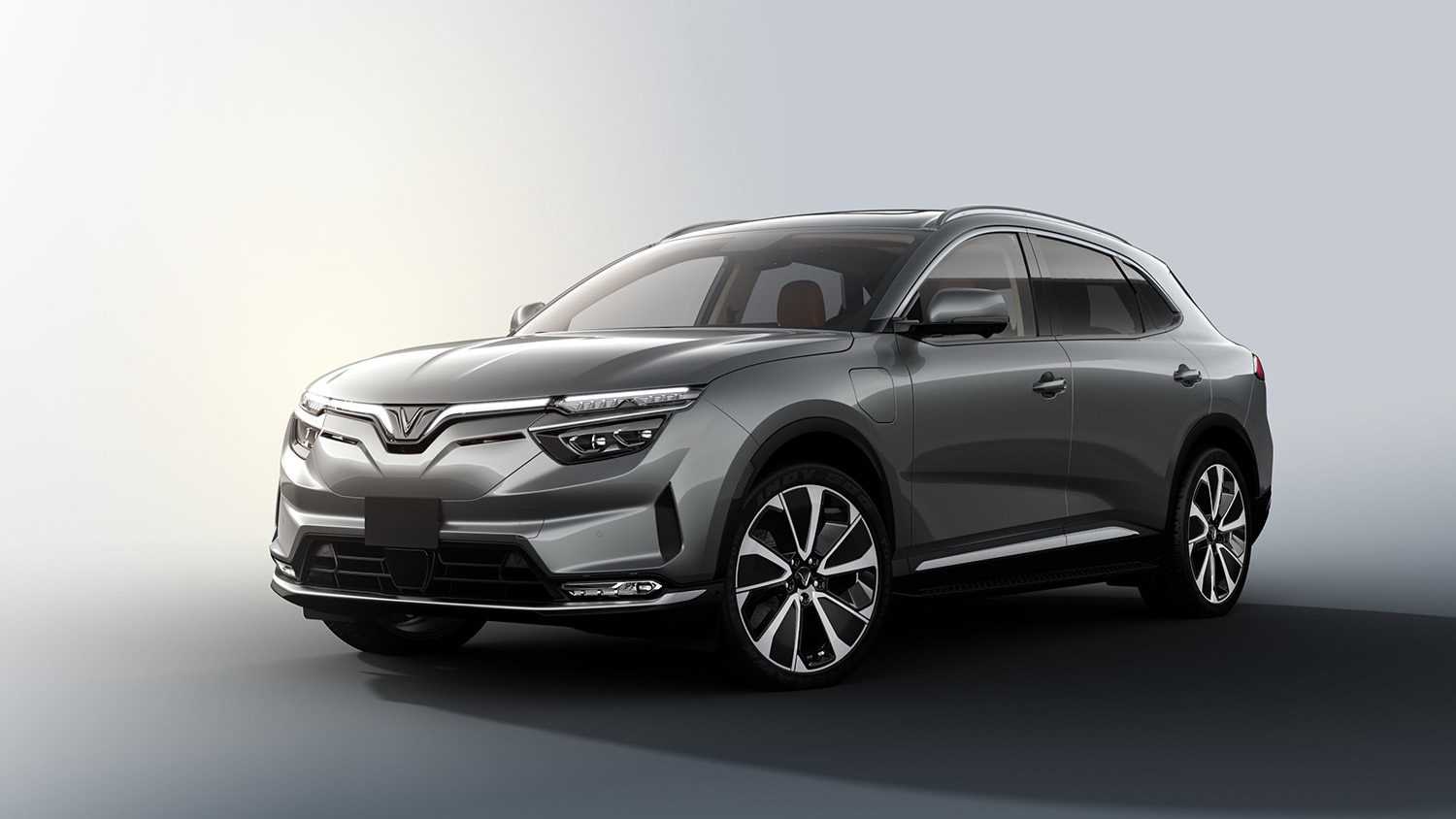 VinFast
VinFast
7. VinFast: VF6, VF7, VF8, and VF9
Here's another EV startup — this one not from California, but from Vietnam. VinFast only recently started delivering vehicles to customers in North America. However, at the time of this article's publication, those vehicles were under a recall notice — though still technically available for purchase. The company's website lists five different models for sale: the VF6, VF7, VF8, and VF9, each one an all-electric SUV. The company is still relatively unknown outside its domestic market, but plans to build future vehicles in the U.S. Until then, VinFast must contend with a lack of consumer awareness; perhaps as a result of this, it recently lowered prices on specific models.
Carmakers with limited electric lineups
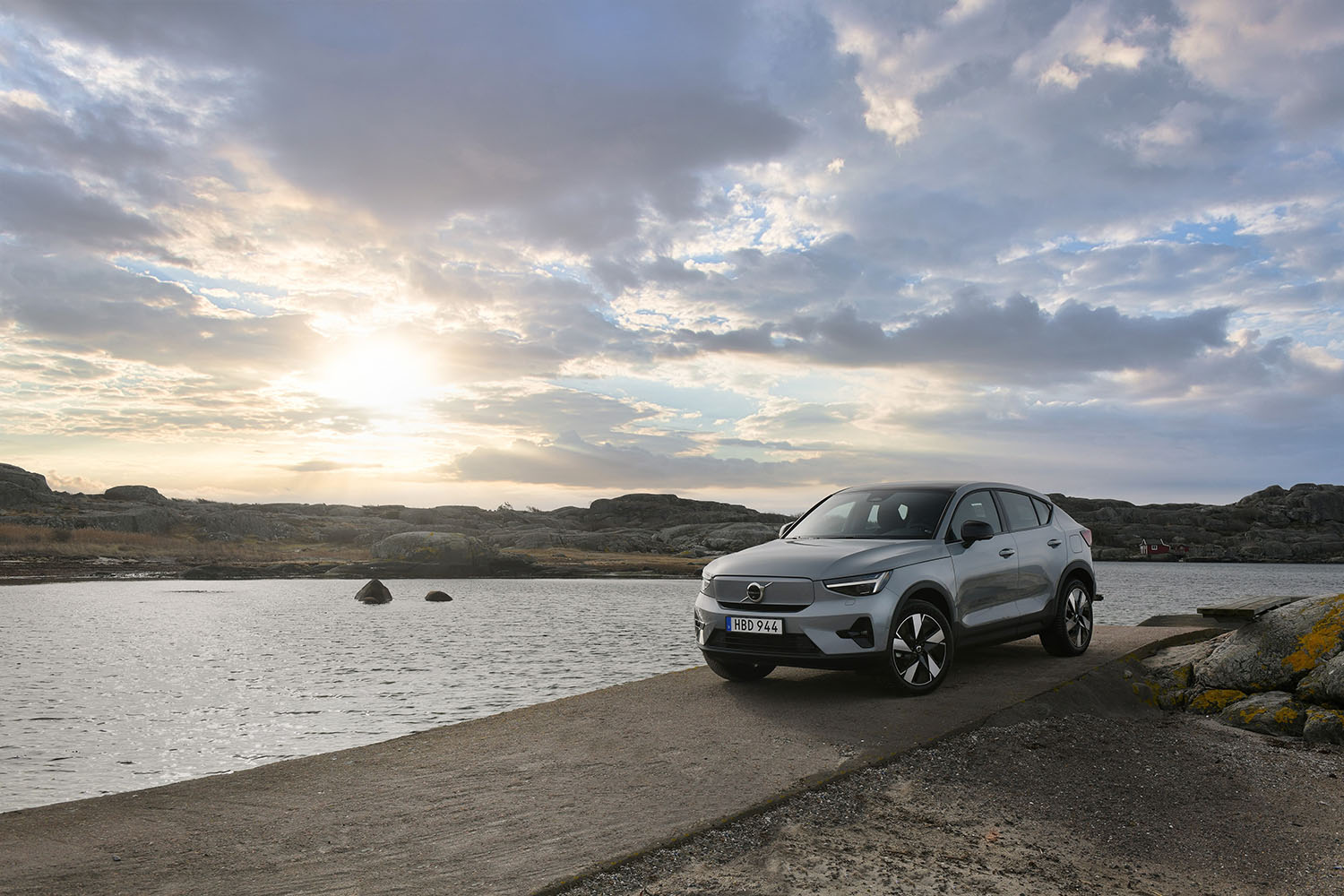 Volvo
Volvo
8. Volvo: 7 of 8 models available in electrified configurations
EVs: C40 Recharge and XC40 Recharge
PHEVs: XC60 Recharge, XC90 Recharge, S60 Recharge, S90 Recharge, V60 Recharge
Making its second appearance on this list — remember Polestar — Volvo has made a concerted effort to electrify its lineup.
Currently, all of Volvo's electrified models — both BEV and PHEV cars — use the Recharge label. The C40 and XC40 models boast full EV powertrains, while versions of nearly every car, wagon, and SUV in the automaker's lineup can be had in a plug-in hybrid version. The best range in the PHEV lineup? That'd be the V60 Recharge wagon, which is estimated at up to 41 miles.
Only Volvo's V90 Cross Country lacks the ability to travel on electric power.
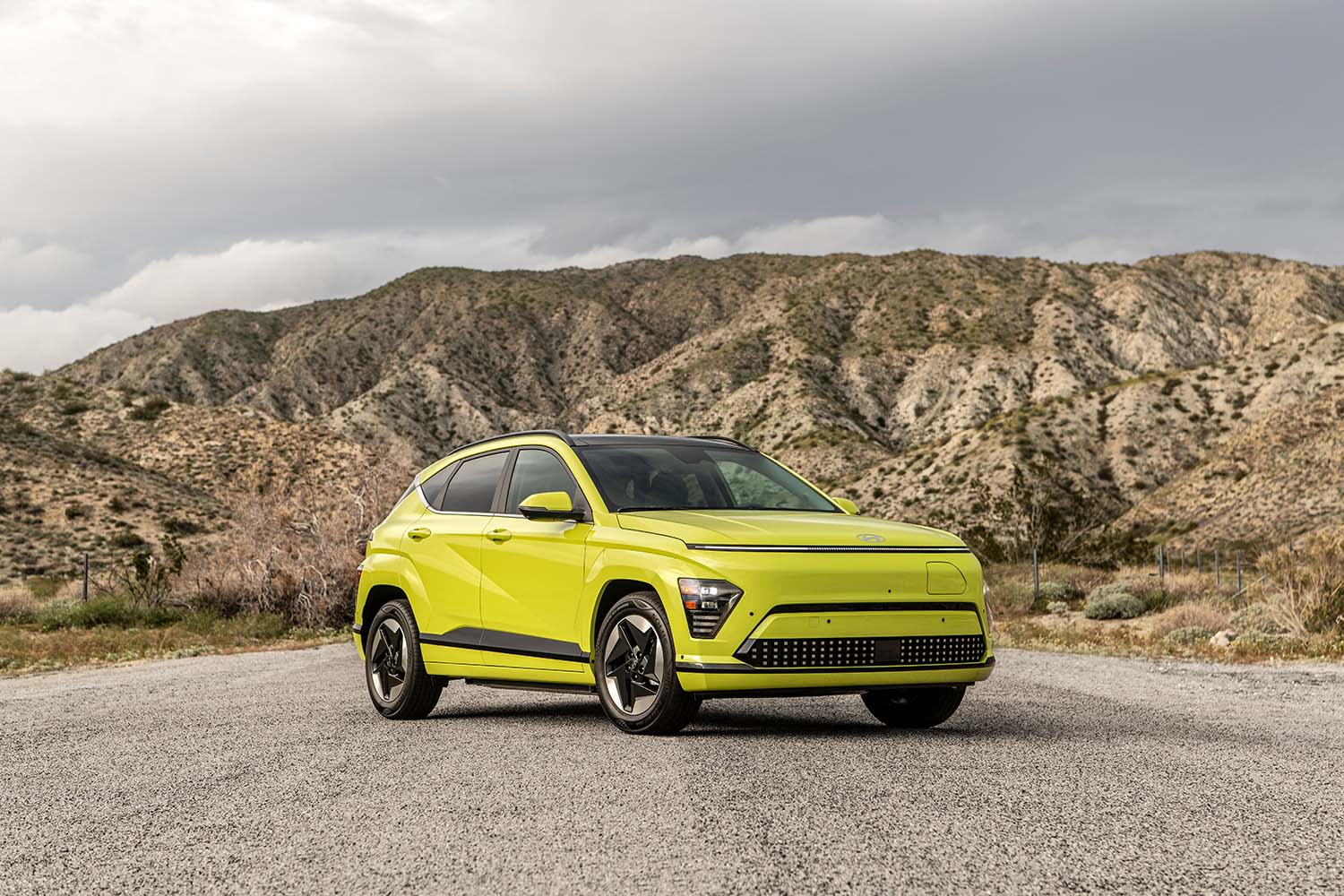 Hyundai
Hyundai
9. Hyundai: 6 of 11 models available in electrified configurations
EVs: Kona Electric, Ioniq 5, Ioniq 6
FCEV: Nexo
More than half of Hyundai's nameplates offer an electrified version. For all-electric power, the lineup starts with the Kona (up to 258 miles of range) and tops out as high as 361 miles in a specific version of the Ioniq 6.
Hyundai's Santa Fe and Tucson crossovers can be had in plug-in hybrid versions, each with upward of 30 miles of estimated tailpipe emissions-free range on a full charge.
The automaker also has a hydrogen-fueled model in its Nexo, which is available in select California dealers. It can travel up to 380 miles on hydrogen fuel alone.
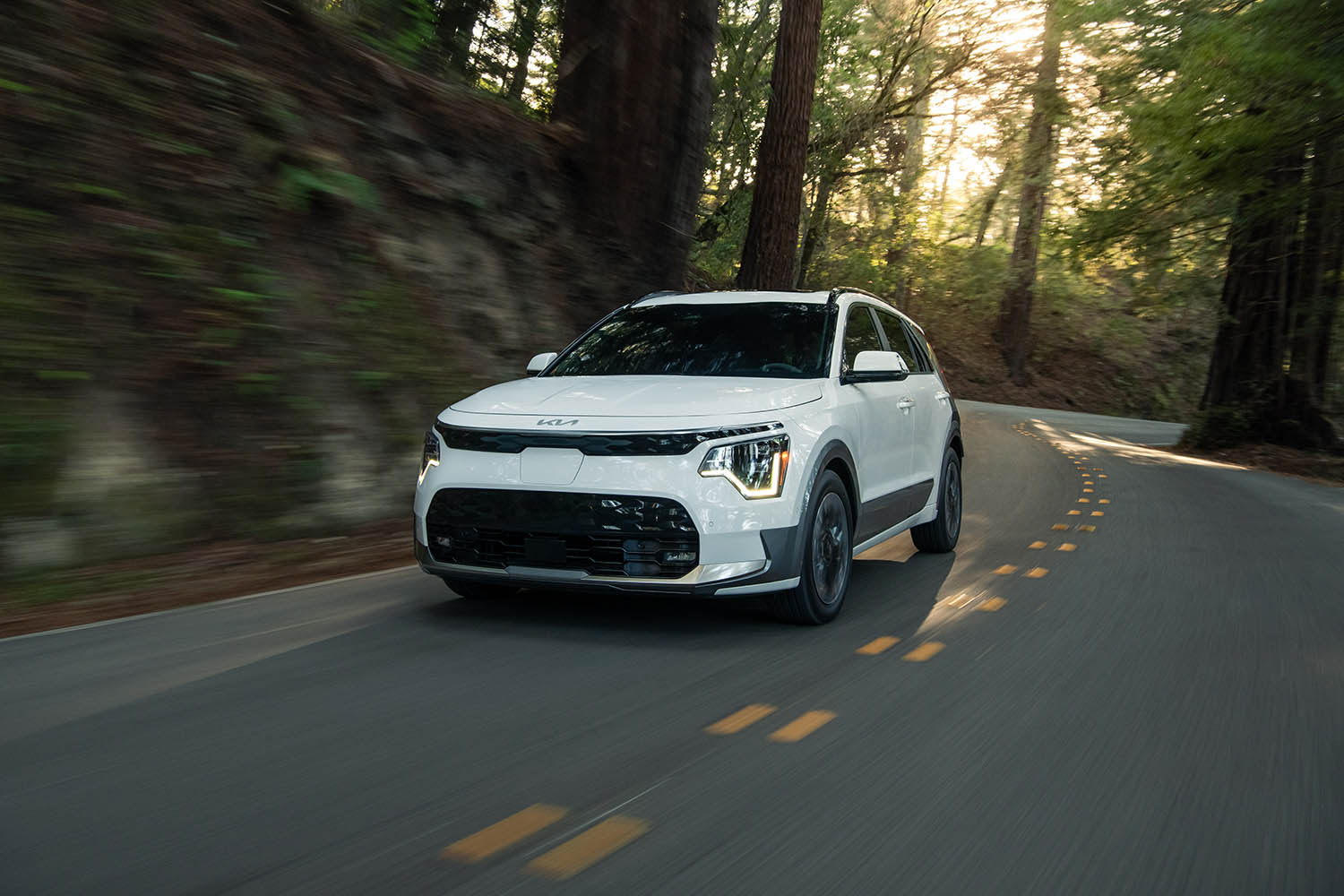 Kia
Kia
10. Kia: 4 of 12 models available in electrified configurations
EVs: EV6, Niro EV
PHEVs: Niro, Sorento, Sportage
Though Kia and Hyundai may both fall under Hyundai Group ownership, the two brands have distinct lineups.
Kia's EV6 tops out at an estimated 310 miles of range, while the less costly Niro EV checks in at 253 miles. The automaker's PHEV lineup stretches from about $35,000 for the plug-in version of the Niro (estimated at 33 miles of all-electric range) to more than $50,000 for the seven-seat Sorento (with up to 32 miles of range).
Written by humans.
Edited by humans.
 Mark Hacking
Mark HackingMark Hacking is an award-winning writer with more than 20 years experience covering the automotive scene for some of the world's most popular publications. Mark holds an FIA International Race license and has his sights set on competing in the Rolex 24 at Daytona in the future. He was the first automotive journalist to race in the Ferrari Challenge series (in 2013) and the Jaguar I-PACE eTrophy series (in 2019).
Related articles
View more related articles